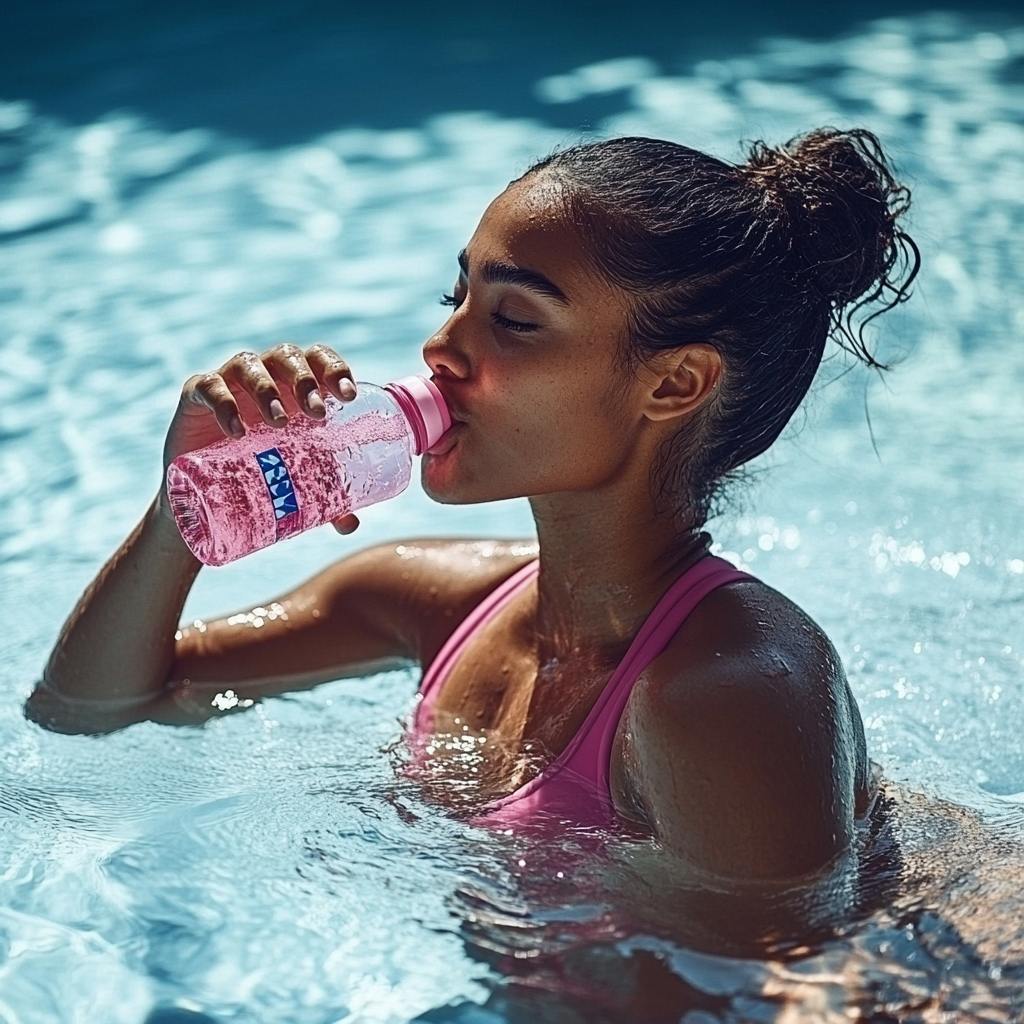Smart Sweeteners: A Guide for Supplement Brands
When it comes to flavoring chewable tablets and powdered supplements, sweeteners need to be a part of your brand’s strategy. Whether you're creating a sugar-free immunity tablet or an on-the-go hydration powder, your sweetener system has to do more than mask actives. It has to taste good, align with your brand values, and pass the consumer “ick” test. Today’s customers are savvy, so if your product still tastes like 2008, it might be time to resweeten your approach.
The Right Sweeteners Matter More Than Ever
Sweeteners are responsible for more than taste.
They affect:
Perceived quality (bitter = bad)
Mouthfeel (chalky vs. smooth)
Label appeal (sugar-free, keto, clean-label)
Functional harmony (will it mess with your active ingredients or enhance them?)
Let’s break down the most popular options and how top brands are getting creative.
Non-Caloric Sweeteners
1. Stevia (Stevia rebaudiana) – $
Taste: Intensely sweet with a lingering licorice-like note
Best for: Brands wanting a plant-based badge without the sugar spike
Common pairing: Erythritol or monk fruit (to mellow the bitter edge)
Use tip: Works better in citrus or tart flavors than creamy or mellow ones
Cost: Budget-friendly and widely available
2. Monk Fruit (Luo Han Guo) – $$$
Taste: Clean, sweet, minimal aftertaste
Best for: High-end products or brands focused on “clean sweetness”
Strength: 100–250x sweeter than sugar
Innovation note: Showing up in immune gummies, nootropic tablets, and flavored capsules
Cost: Premium pricing, ideal for luxury positioning
3. Allulose – $$
Taste: Mild, sugar-like flavor with no aftertaste
Best for: Functional powders and chewables needing sugar-like performance
Bonus: Provides bulk like sugar, great for chewables
Cool factor: Technically a “rare sugar” making waves in keto formulas
Cost: Mid-range, trending upward with demand
4. Sucralose – $
Taste: Clean, sweet, very stable in blends
Best for: Energy powders or fitness blends needing consistent flavor
Drawback: Less popular with the natural crowd
Brand vibe: Mass-market, cost-effective, functional
Cost: Very economical
5. Aspartame – $
Taste: Sweet, sometimes slightly artificial
Best for: Budget multivitamin powders or legacy blends
Caution: Not suitable for PKU patients; avoided in natural-forward brands
Cost: Low-cost option
6. Erythritol – $$
Taste: Sweet with a signature “cooling” effect
Best for: Blending with stevia or monk fruit in powders and chewables
Downside: Gritty texture or potential GI issues at high doses
Sensory tip: Cooling effect works well in mint or berry chewables
Cost: Moderate, varies by supplier
7. Xylitol – $$
Taste: Sweet and sugar-like
Best for: Tooth-friendly chewables or mints
Warning: Toxic to dogs — requires clear labeling
Use case: Common in oral health tablets and dissolving breath supplements
Cost: Slightly more expensive than erythritol
Caloric Sweeteners
1. Sugar (Sucrose) – $
Taste: Benchmark sweetness, clean and familiar
Best for: Mass-market products prioritizing taste
Consideration: Not keto-friendly; affects sugar claims
Use tip: Useful for stability and mouthfeel in chewables
Cost: Very economical
2. Honey – $$
Taste: Rich, floral sweetness with natural complexity
Best for: “Natural wellness” products like immune chewables
Formulation note: Adds moisture; better for chewables, not powders
Consumer appeal: Recognizable, trusted ingredient
Cost: Mid-range, varies by quality and source
3. Agave – $$
Taste: Smooth, neutral sweetness with mild caramel notes
Best for: Natural-positioned products needing a low-glycemic sweetener
Use case: Premium chewables and powders with “clean-label” branding
Formulation note: Adds bulk; pairs well with citrus or berry profiles
Cost: Mid to high
4. Tapioca Syrup – $$
Taste: Mild sweetness with a clean finish
Best for: Natural chewables requiring a binder and sweetener
Use case: Supports mouthfeel and structure in chewable tablets
Formulation note: Helps with chewable compression without off-flavors
Cost: Moderate
Smart Formulation: The Blend is the Brand
The most innovative brands don’t rely on just one sweetener. They craft sweetener systems that enhance the product experience. Here’s how:
Chewables: Allulose for body, monk fruit for sweetness, and citric acid for pop = a better bite and aftertaste
Powders: Erythritol + stevia + natural flavors = flavor that carries from first sip to final drop
Drink mixes: A touch of sucralose or allulose can balance out bitterness from actives like caffeine or magnesium
Sweetener systems can also mask less-than-lovely ingredients like B vitamins, zinc, or nootropics without a laundry list of flavors to cover them up.
The Future of Sweetness: Beyond the Basics
New players are entering the market, from fermented sweet proteins (like brazzein and thaumatin) to modified prebiotic fibers that provide sweetness and gut health benefits.
With increasing scrutiny around sugar consumption and blood glucose (think GLP-1 movement), brands are positioning their sweeteners as functional ingredients, not just flavor enhancers.
What This Means for Your Brand
Sweeteners can make or break your product experience. They affect not only taste but how consumers feel after they try your product. So if your chewables feel chalky or your powders leave a weird aftertaste? Your sweetener system might need an adjustment.
At Factory6, we don’t just manufacture. We help brands build products with unforgettable flavor. Whether you're going sugar-free, clean label, or simply want your product to taste better than the other guy’s, we can help you find the perfect balance (and BTW, our R&D has secret sweetener systems not mentioned here).
Want your product to taste like a winner?

